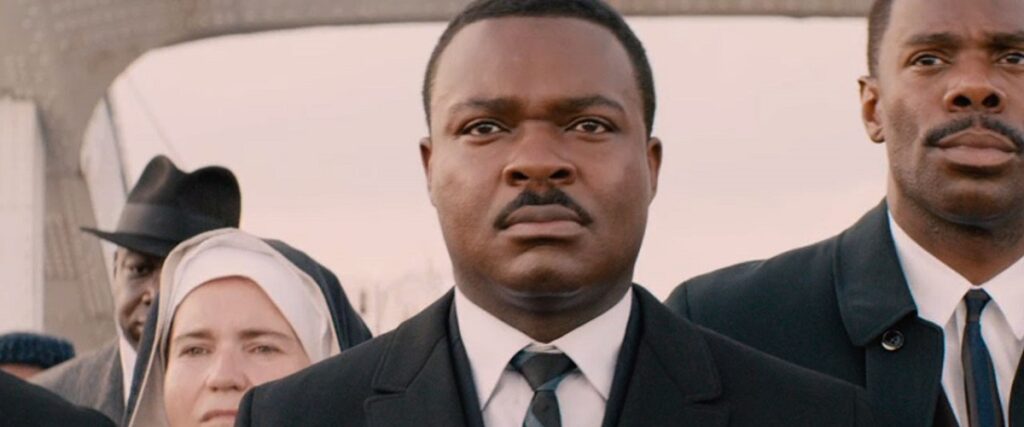Oscars 2014: Nomination Prediction Results (with bonus analysis!)

As I frantically scrolled through the list of Oscar nominations this morning, I realized something odd: For the most part, I didn’t really care who was nominated. Sure, I preferred some candidates to others, and as a matter of quasi-professional pride, I wanted to perform well in my predictions. (For the record, I went 55-for-69, good for a solid but unremarkable 80%.) But as I started scanning the collective of this year’s Academy Award representatives, I realized that only one scenario would break my heart: if Whiplash failed to receive a Best Picture nomination. Beyond that, my casual rooting interest seemed disproportionate to the level of obsession I place on analyzing the Oscars in the first place.
Still, one omission from yesterday’s announcement infuriated me, and it came in one of the few categories I didn’t even bother to predict. I’ve had an uneasy relationship with the Best Animated Feature category for some time, though I’ve gradually, grudgingly acknowledged its utility (highlighting the merits of a number of movies that would other be ignored as “kiddie fare”), even as I remain wary of its larger implications (marginalizing those same movies by roping them off into their own special category, a form of cinematic discrimination). But my general antipathy toward the category couldn’t prevent my eyes from bulging in disbelief as I read the five contenders that will comprise this year’s field. Not among them: The LEGO Movie.

